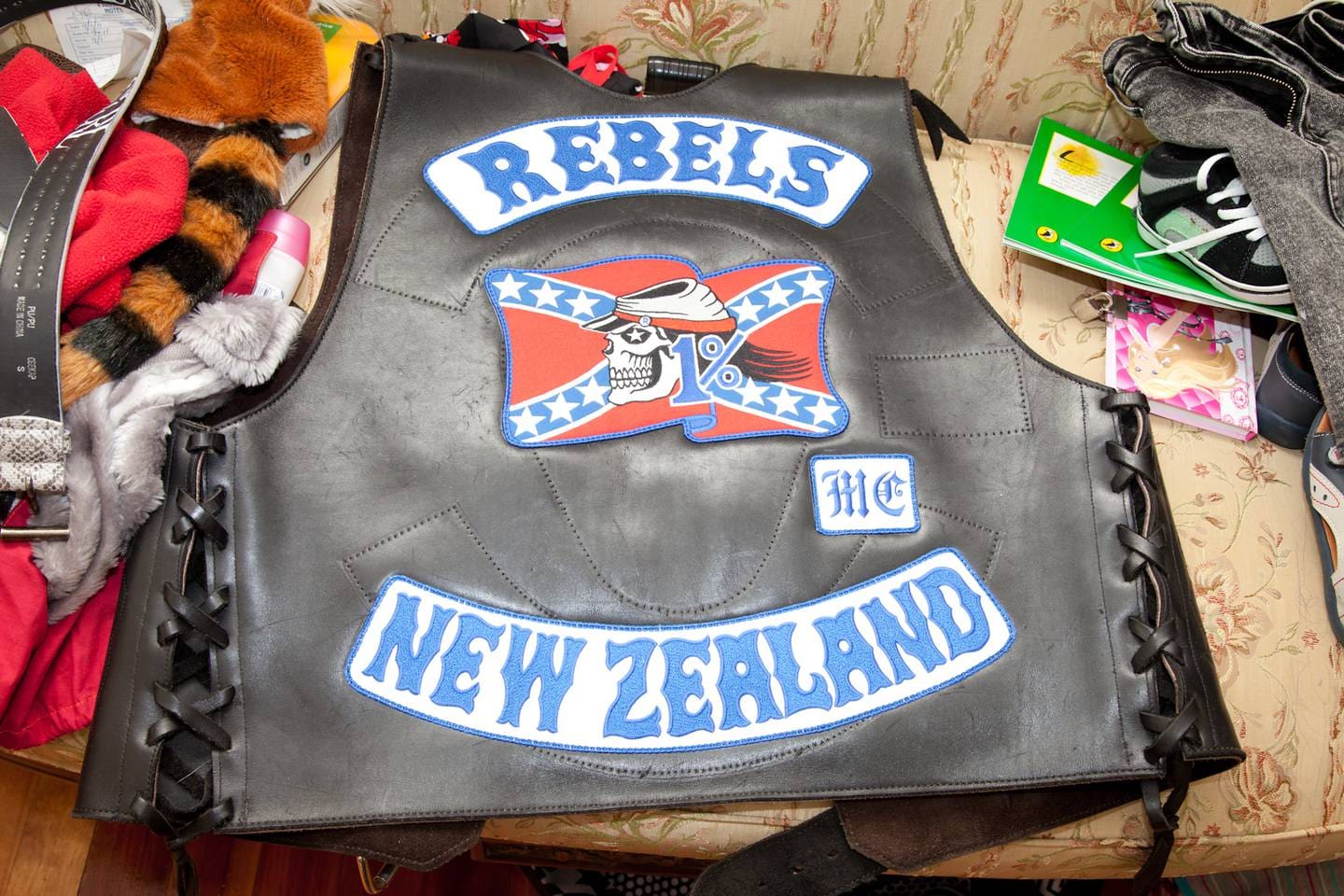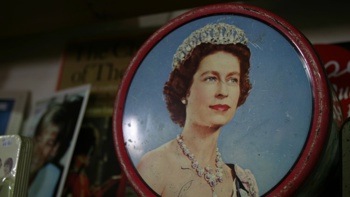The Government’s anti-gang laws are being narrowed so sporting logos aren’t banned from public spaces and police can’t tell gang members to leave a park for playing music.
But the Gang Legislation Amendment Bill is still likely to breach the Bill of Rights Act, including the right to freedom of expression, association and peaceful assembly. That doesn’t mean it can’t be passed into law, though it would leave it open to legal challenge that, if successful, would require a formal response from Parliament.
The bill returned from Parliament’s Justice Committee this week, which recommended a number of changes to the main proposals:
- - banning the display of gang insignia in a public place (narrowed to no longer include symbols supporting a gang, which could include sporting logos; the gang patch must be affiliated with a gang and “knowingly” be displayed).
- - empowering police to issue dispersal notices that require specified gang members to leave a public place and not associate in public for seven days (narrowed to exclude Parliament’s grounds, which would instead be up to the Speaker of the House).
- - creating non-consorting orders that ban association and communication between specified gang members for three years (the list of qualifying offences has been cut to ensure low-level crimes aren’t captured).
- - making gang membership an aggravating factor at sentencing, regardless of whether it had anything to do with the offending.
Threshold bumped from two years to seven years
The bill would enable a court to issue a non-consorting order following a serious offence, initially defined as any offence punishable by at least two years in prison.
But the committee said this captured low-level offences (such as drink-driving), including those “not particularly gang-related”.

The bill would make it illegal to knowingly display a gang patch in public.
It recommended defining a serious offence as one punishable by at least seven years in prison. This would exclude a number of worthy offences – so the committee added them, including arson, injuring with intent, assault with a weapon and discharging a firearm to intimidate.
On dispersal notices, the committee said the threshold was too low because it could be applied to people playing music in a park.
But the recommended threshold – a constable’s belief that a dispersal notice is “necessary to avoid disrupting the activities of other members of the public” – has been slammed by Labour and Green MPs as so subjective that it could be misused.
“This is vague and provides little or no guidance to police or the courts as to when a dispersal notice may actually be issued,” Labour MPs said in their “differing view” part of the report.
- Head Hunter reckons plan to ban gang patches 'won't work'
- Chris Cahill: Law should allow officers to take gang patches off people
- Juicy Fest: Promoter apologises for any trouble but said gang patches were banned
- National says it will ban gang patches and gatherings in public places
The current list of gangs was also unreliable, they said, meaning that “the entire regulatory edifice is built on a shaky foundation”.
The Greens also opposed the bill, saying the ban on gang patches in public would put police in a dangerous position, while increasing police powers also increased the ways such powers could be misused.
“There is well-documented evidence that racial bias continues to influence a wide range of policing decisions in Aotearoa, including in relation to charging discretion. We are deeply concerned with introducing new powers that risk these biases becoming further entrenched in police attitudes and practices,” the Greens said in the report.

Attorney-General Judith Collins said the anti-gang legislation was inconsistent with the Bill of Rights Act. Photo / Mark Mitchell
BORA vetting – Not justified
Attorney-General Judith Collins said the gang patch ban was inconsistent with the Bill of Rights Act (Bora), specifically the freedom of expression, association and peaceful assembly. The proposal for dispersal notices was also inconsistent with the right to peaceful assembly.
In her Bora vetting of the bill, she suggested softening those powers, including a more targeted ban when public intimidation was more likely, such as at beaches or playgrounds. An officer could direct the removal of a gang patch in other places “if fear and intimidation is likely to occur”.
“There would need to be a convincing reason why less intrusive measures would not achieve the social purpose before a complete ban could be justified,” Collins said.
Dispersal notices were too great a restriction on one’s right to protest peacefully, she added, though this could be mitigated by adding “political protests” to the list of exempt activities.
The committee did not go ahead with Collins’ suggestions, meaning the Bora issues remain.
This doesn’t mean the bill cannot progress – though following a new law last year, a court might be asked to consider the bill’s consistency with the Bora after it becomes law. If a court declared it inconsistent, the Government of the day would be required to refer the matter to a select committee and then provide a formal response after the committee’s report.
The committee’s report follows a scathing report from Ministry of Justice officials, who said there was “no evidence” the provisions in the bill would work and they could made the gang problem worse.
The Government has said it disagreed with this assessment and is going ahead with the policies, which were campaigned on.
The bill will now return to the House for its second reading and, with the support of the governing parties, it is expected to become law later this year.
Derek Cheng is a senior journalist who started at the Herald in 2004. He has worked several stints in the press gallery team and is a former deputy political editor.
Take your Radio, Podcasts and Music with you









